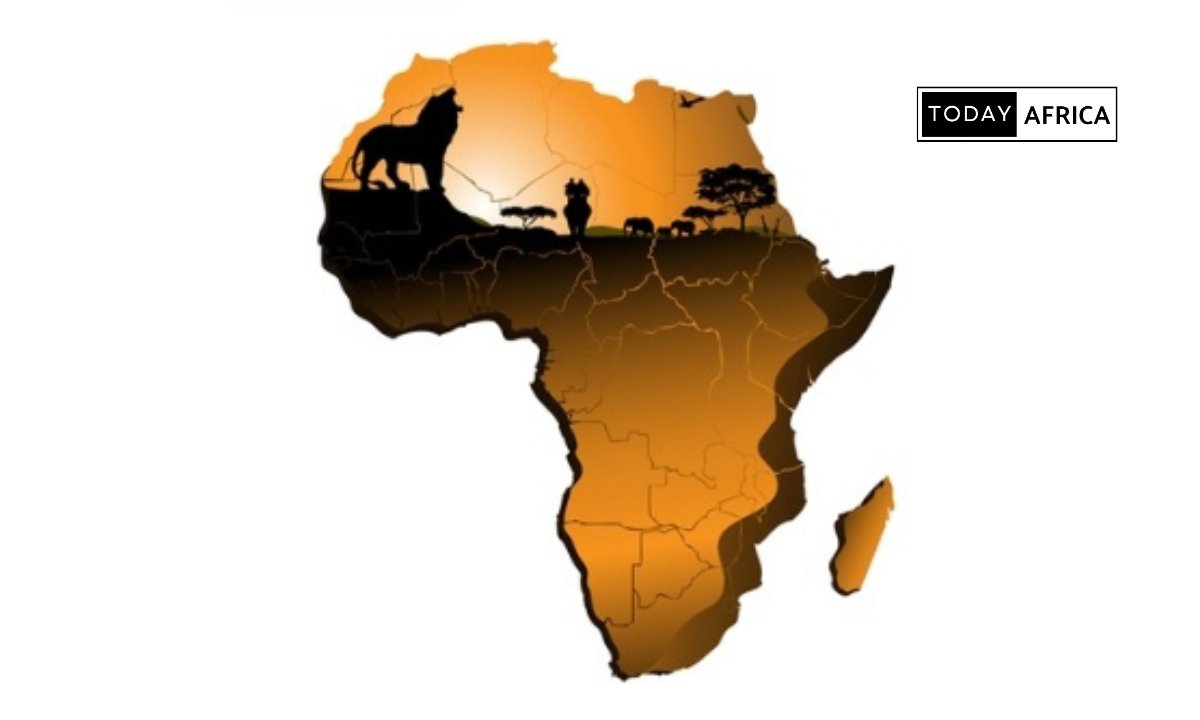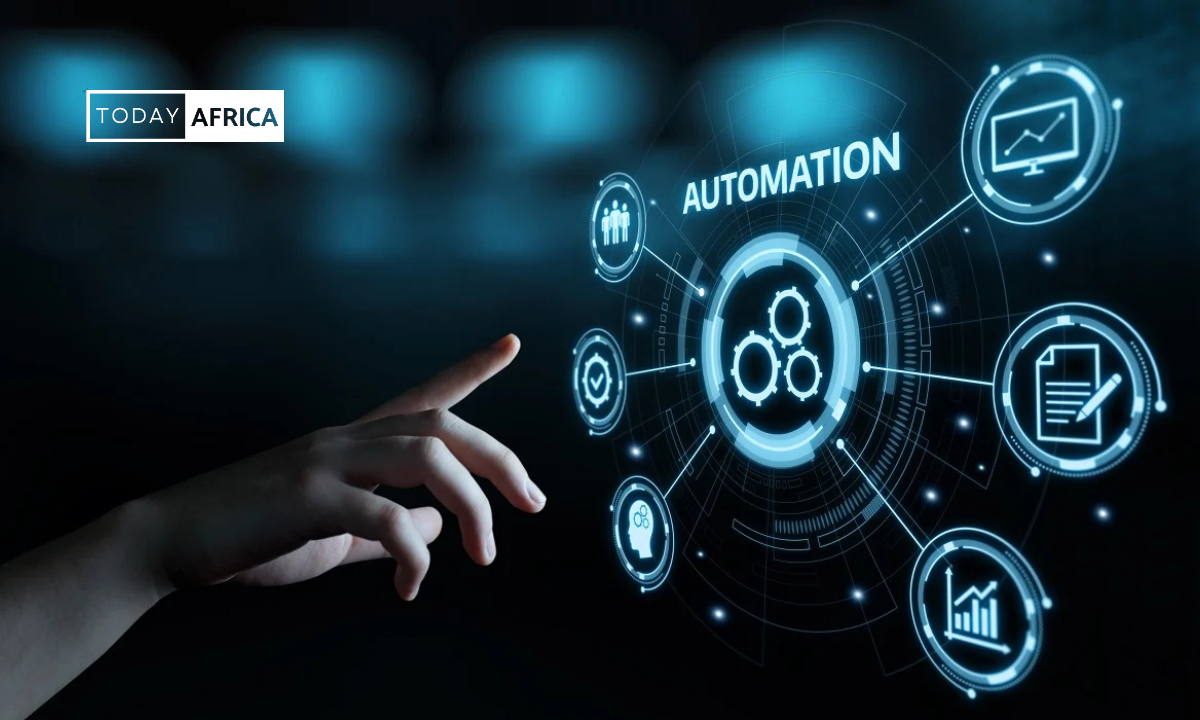FG to provide solar subsidy to developers and operators of solar mini-grids in unserved and underserved areas via a $750 million loan approved by the World Bank.
According to Nairametrics, the World Bank’s Country Director for Nigeria, Shubham Chaudhuri, and Nigeria’s Minister of Finance, Wale Edun, signed a financing agreement for the loan project that includes this initiative.
The document also stated that, subject to specific conditions, the federal government hopes to award performance-based grants to qualified mini-grid operators.
The approved loan is part of the Distributed Access through Renewable Energy Scale-up (DARES) project. In December 2024, the World Bank approved a $750 million Distributed Access through Renewable Energy Scale-up (DARES) project in Nigeria.
The International Development Association (IDA) provided credit, with contributions from the Global Energy Alliance for People and Planet and the Japan International Cooperation Agency (JICA), among other collaborators.
The project’s objective is to strengthen the supply of electricity to households as well as micro, small, and medium-sized enterprises (MSMEs) by enabling distributed renewable energy projects owned by the private sector.
See Also: Airtel Africa Buys More Shares to Continue $100 Million Buy-back Campaign
The $750 million loan is divided into three credit segments: $350 million, $250 million, and $150 million, each allocated to a different aspect of the project. The Rural Electrification Agency (REA) and the Lagos State Electricity Board (LSEB) will lead the project’s implementation.

NEMSA
However, the Federal Ministry of Power, the Nigerian Electricity Management Services Agency (NEMSA), the Federal Ministry of Environment, the Nigerian Electrification Regulatory Commission (NERC), and the Federal Ministry of Finance will all contribute to the project.
The previously mentioned grant will also cover Standalone Solar (SAS) Systems for households, MSMEs, and agribusinesses in rural areas. SAS companies that meet the eligibility requirements and target underprivileged, distant, or rarely reached consumers will also receive “Catalytic Grants.”
Aside from the $750 million loan approved by the World Bank in October 2023, the Rural Electrification Agency reported that the country’s renewable sector has received over $2 billion in investment over the last decade.
Meanwhile, in June 2023, TechPoint Africa reported that the government proposed increasing electricity tariffs in Nigeria. Last week, the government announced a 240% increase in electricity tariffs for urban dwellers.
















